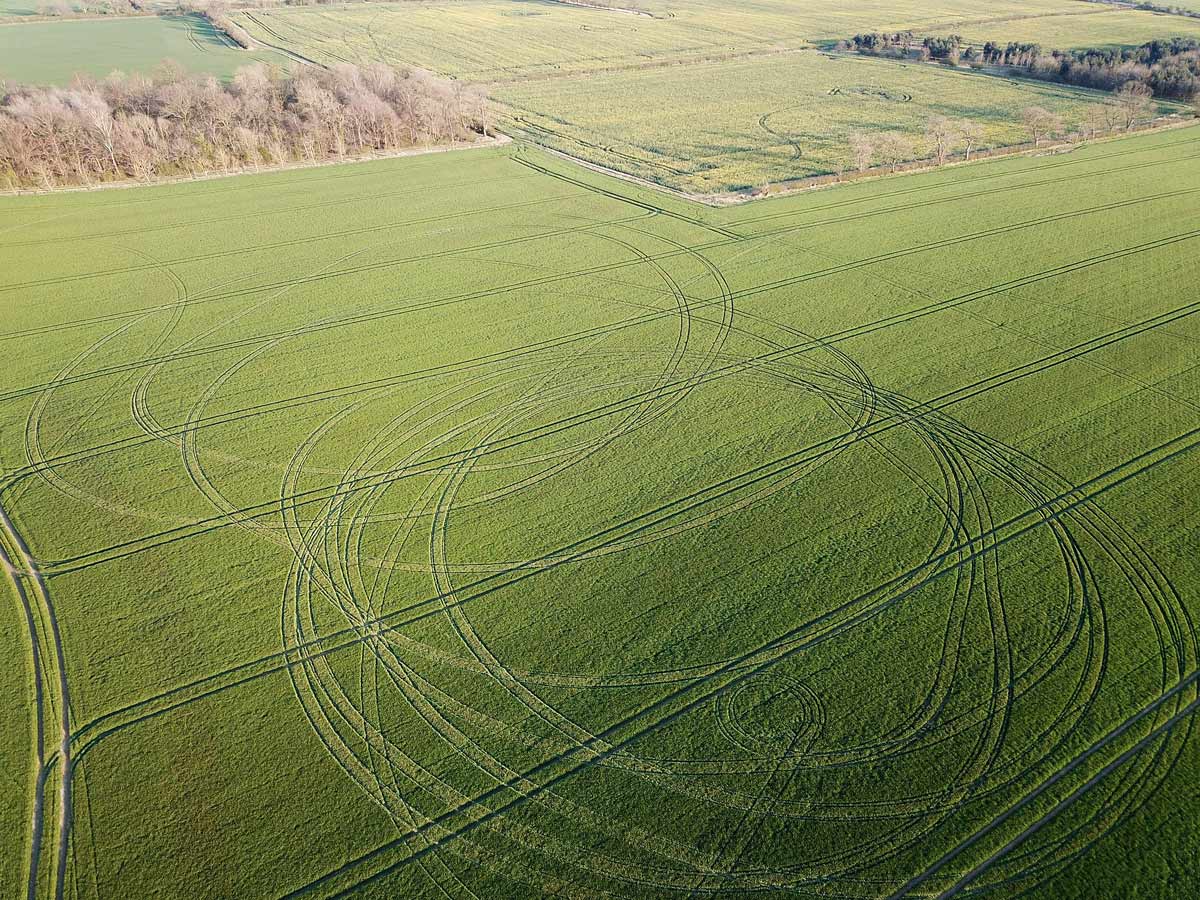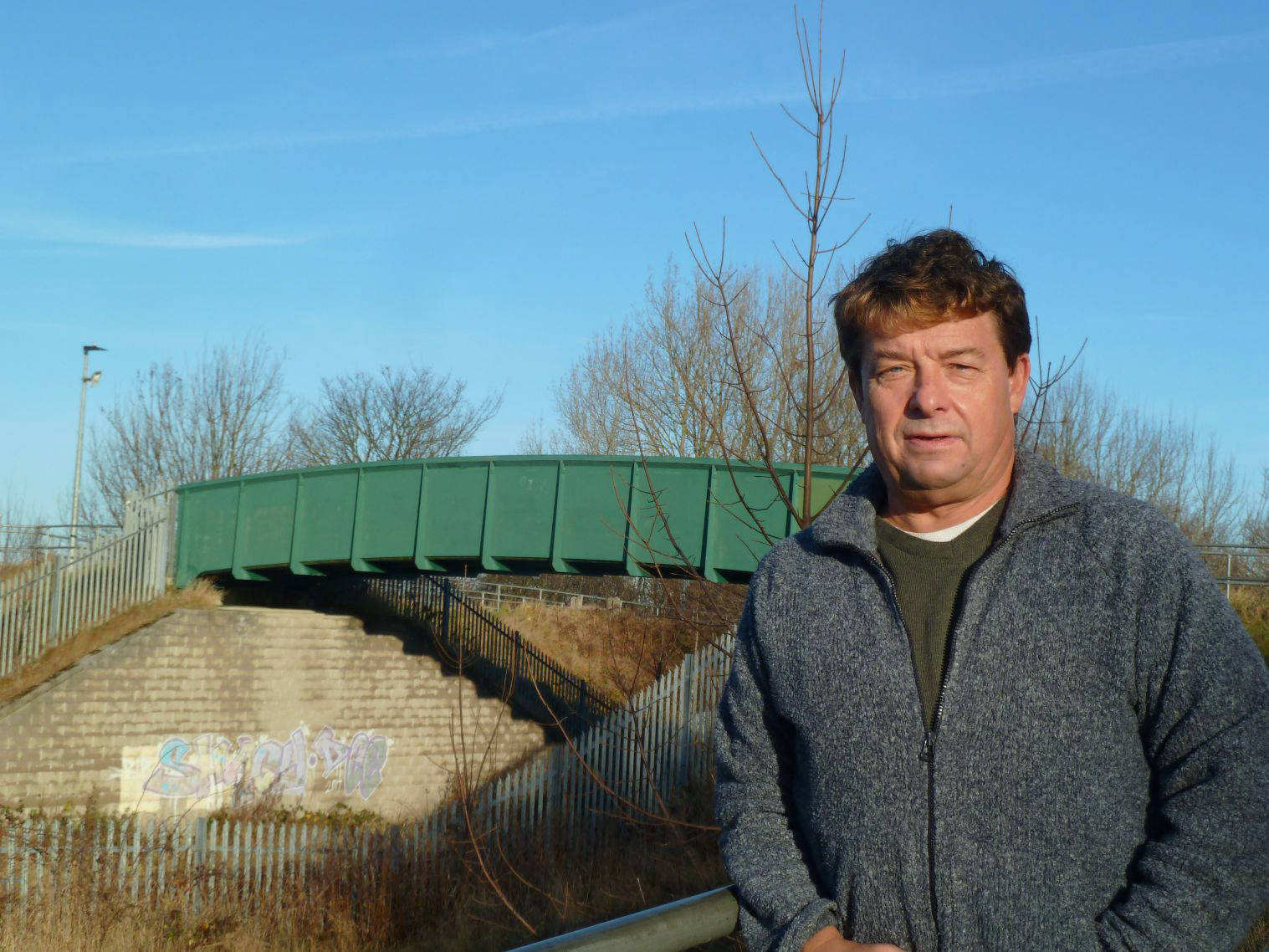Police in North Yorkshire have warned poachers that their illegal behaviour will not be tolerated as autumn approaches.
The seasonal trend of illegal hare coursing matches the farming calendar, meaning there is typically an increase in poaching offences in September and October, after crops have been harvested, and fields are left empty and open.
North Yorkshire Police have joined Operation Galileo, a major clampdown on poaching offences. Galileo is a national campaign, pioneered by Lincolnshire Police, and bringing together forces particularly affected by this offending. Forces will work together to ensure the issue is tackled in a co-ordinated way, by sharing information and working across force boundaries.
As part of the operation in North Yorkshire, vehicles previously linked to poaching will be identified and targeted. Suspects will be stopped and dealt with robustly, and victims will be visited to obtain witness statements. Police intelligence and the Automatic Number Plate Recognition (ANPR) network will be used to ensure an effective response to suspicious vehicles and activity.
Days of action will be planned using officers and specialist resources from the Rural Taskforce, Proactive Policing teams, Neighbourhood Policing officers and Mobile Rural Watch volunteers. During these days, police will deploy to areas of high activity, to prevent offending and investigate offences.
As part of Operation Galileo, officers will also work closely with other police forces affected by illegal poaching. The forces will share information and intelligence (as offenders often operate across force boundaries), mount joint prosecutions where possible, and ensure a consistent approach in dealing with the issue.
Poaching refers to the illegal taking, killing, injuring or pursuit of game, deer or fish. North Yorkshire has large, isolated areas of farmland, forestry and lakes, which tend to be vulnerable to poaching activity.
In addition to being a wildlife crime, illegal poaching on farmland can cause significant damage to young crops, resulting in large financial losses for farmers.
Furthermore, identified offenders often have previous involvement in other forms of cross-border crime, or are members of organised crime groups. Many offenders travel long distances to North Yorkshire to carry out poaching offences, and are frequently from other force areas.
Tackling poaching offences is a national policing priority under the National Police Chiefs’ Council Rural Affairs and Wildlife Crime strategies.
In the 12 months from August 2016 to July 2017, there were 1,561 reported incidents of people poaching in North Yorkshire, with the worst-affected districts being Hambleton and Selby. Between August 2017 and July 2018, Hambleton and Selby again suffered the most incidents, but a concerted effort to tackle the problem, and some adverse weather conditions, reduced the total number of incidents to fewer than 1,000.
Inspector Jon Grainge, of North Yorkshire Police’s Rural Taskforce, said: “All too often, offenders involved in poaching are also involved in other aspects of criminality, and landowners who suffer from this activity are often victims of other offences. Landowners often report threats of violence or intimidation being made by offenders if they are challenged, leaving them feeling especially vulnerable to further crimes, such as theft or criminal damage.
“A key aspect of Operation Galileo is that we work so closely alongside other forces who are also affected by poachers. We know offenders are prepared to travel long distances, and may commit offences in different force areas, so this joined-up approach makes absolute sense, and enhances the policing service we deliver to our rural communities.
“We know that poaching offences tend to increase in the autumn. However, anyone thinking of coming to North Yorkshire to commit such offences should know that this behaviour will simply not be tolerated. Officers are working hand-in-hand with local communities. We rely on residents to call in suspicious activity, and we will take such reports extremely seriously. Illegal poachers will find it extremely difficult to enter and leave North Yorkshire unchallenged.”
Residents are encouraged to note down and report any suspicious activity, such as unusual vehicle movements, particularly in remote or isolated areas. Even if the information doesn’t need an immediate response, every piece of intelligence helps the police build up a picture and could prove vital in bring criminals to justice. Call North Yorkshire Police on 101, or 999 in an emergency






